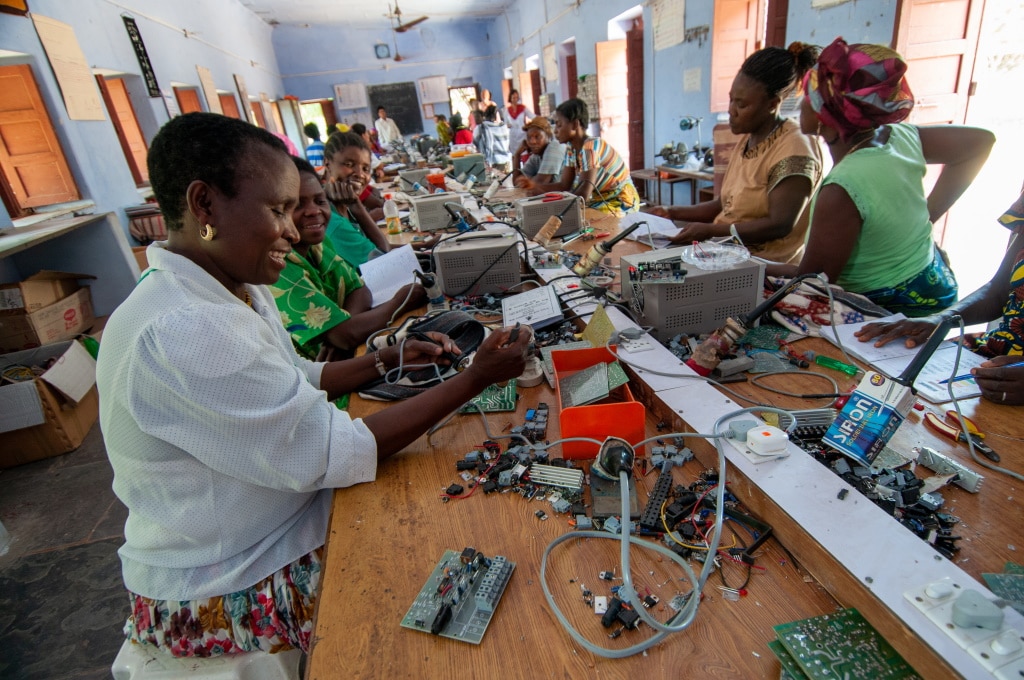The training programme, which starts this June 2022, is an initiative of the African Development Bank (AfDB) which has chosen to partner with the Moroccan Agency for Sustainable Energy (MASEN) and the Renewable Energy Solutions for Africa (RES4Africa) foundation. The programme concerns five Sahelian countries.
In Burkina Faso, Chad, Mali, Mauritania and Niger, the programme will target energy professionals and policy makers. The AfDB is proposing a first phase of institutional training in June and July, followed by professional training focused on mini-grids in September and October 2022.
A necessity for the Desert to Power programme
“The planned sessions are relevant to all aspects of the solar energy value chain and landscape, from utility scale to decentralised uses. Adequate capacity building supports the deployment of solar power generation facilities in the Sahel region and will help accelerate the energy transition,” says Daniel Schroth, AfDB’s Director of Renewable Energy and Energy Efficiency.
Read also- SAHEL: 379 M$ for the “Desert to Power” programme dedicated to solar energy
The choice of the Sahel countries for the launch of such an initiative is not at all insignificant. This part of Africa is at the heart of a large-scale energy infrastructure deployment programme. This is the Desert to Power programme. Initiated by the AfDB, this programme aims at deploying solar energy in the Sahel, strengthening the transmission network, deploying off-grid solutions, improving the business climate, and revitalising national electricity companies.
Through Desert to Power, which covers 11 African countries (Burkina Faso, Chad, Ethiopia, Eritrea, Djibouti, Mali, Mauritania, Niger, Nigeria, Senegal and Sudan), the AfDB aims to provide solar energy to 250 million people living in the Sahel. The pan-African bank also aims to make the Sahel the largest solar energy production area with an installed capacity of 10 000 MW.
Jean Marie Takouleu
